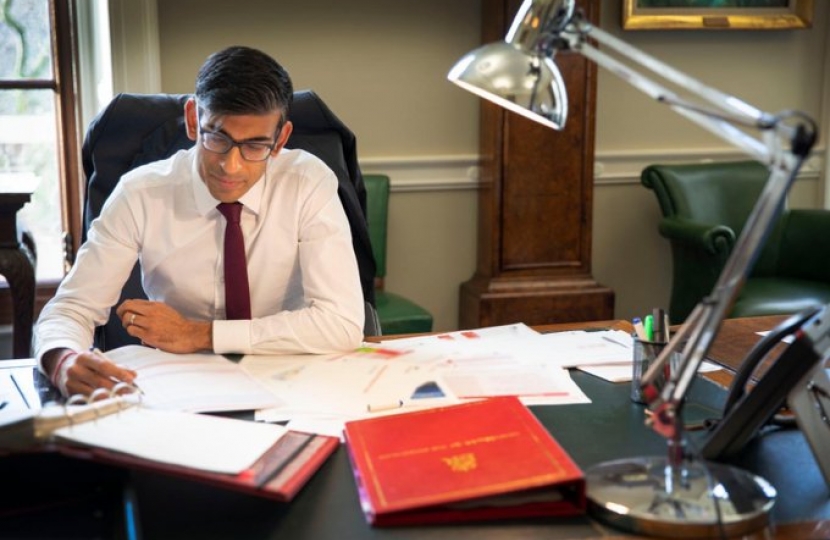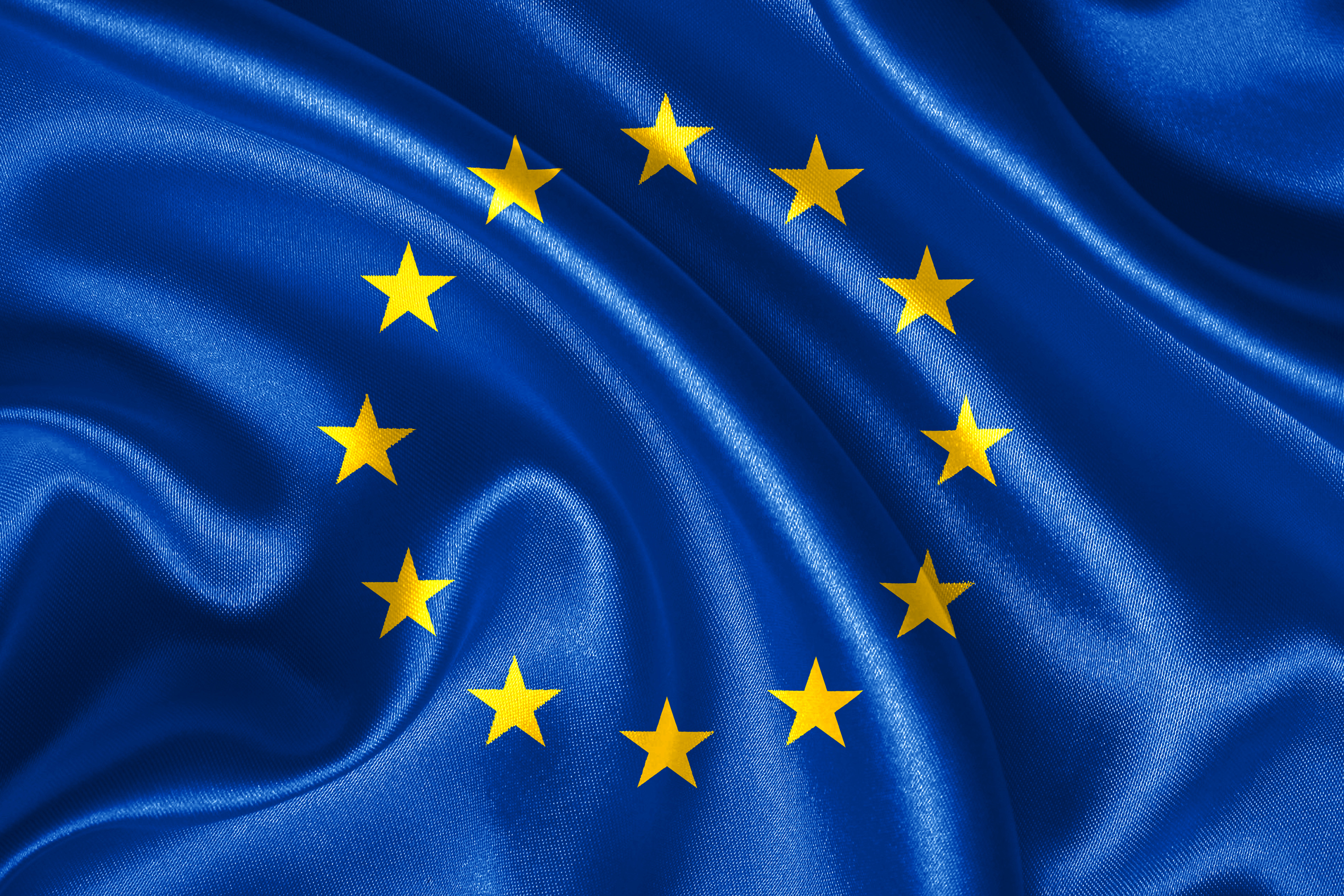The EC has presented its new Industrial Strategy that aims to aid the transition towards making the EU climate-neutral by 2050 and digital leadership.
The strategy presents a framework for business, that covers corporates, SMEs, service providers, public authorities and academia and recognises the need for industry in the EU to become “greener, more circular and more digital” as well as more competitive.
Ursula von der Leyen, President of the European Commission, said: “Europe's industry is the motor of growth and prosperity in Europe [sic]. And it is at its best when it draws on what makes it strong: its people and their ideas, talents, diversity and entrepreneurial spirit. This is more important than ever as Europe embarks on its ambitious green and digital transitions in a more unsettled and unpredictable world. Europe's industry has everything it takes to lead the way and we will do everything we can to support it.”
The Industrial Policy package includes the ongoing review of EU competition rules, including the ongoing evaluation of merger control and fitness check of State aid guidelines, to ensure that EU rules are fit for an economy that becoming greener and more circular.
There will be a new Intellectual Property Action Plan to uphold technological sovereignty, promote a global level playing field, better fight intellectual property theft and adapt the legal framework to the green and digital transitions.
Perhaps most difficult is a plan for “fair competition at home and abroad” that means to address the “distortive effects caused by foreign subsidies” but, as Airbus has found, defining such things becomes increasingly hard in a complex world. The issue related to foreign subsidies will be addressed in a proposal for a legal instrument in 2021. The proposals appear to only attempt to address this in cold economic terms too – meaning that variations in contracts to favour selected suppliers and sociological and nationalistic barriers will not be considered – which may not bode well for environmental issues.
Nene-the-less, there will be measures to decarbonise energy-intensive industries, support sustainable and smart mobility industries, to promote energy efficiency, strengthen current carbon leakage tools and secure a constant supply of low-carbon energy. A Clean Hydrogen Alliance to accelerate the decarbonisation of industry and maintain industrial leadership, followed by Alliances on Low-Carbon Industries and on Industrial Clouds and Platforms and raw materials, will also be created.
As 99 per cent of EU firms are SMEs a dedicated strategy for them aims to reduce red tape and help Europe's numerous SMEs to do business across the single market and beyond, access financing and help lead the way on the digital and green transitions. To make it more accessible for SMEs to go public, the Commission will also support an SME Initial Public Offerings (IPOs) Fund under the Invest EU SME window that will empower female entrepreneurship by stimulating investment in women-led companies and funds.
Latest News
-
Myanmar earthquake: Co-operative bank launches emergency fundraising appeal
-
New corporate partnership launches to assess quality across Age UK network
-
Children's hospital to benefit from auction firm's £200,000 anniversary fundraiser
-
Electrolux doubles recycled materials target
-
Car firm pledges £1m to support environmental and humanitarian causes
-
TransUnion raises £44.8k for suicide prevention charity and other good causes
© 2019 Perspective Publishing Privacy & Cookies









Recent Stories